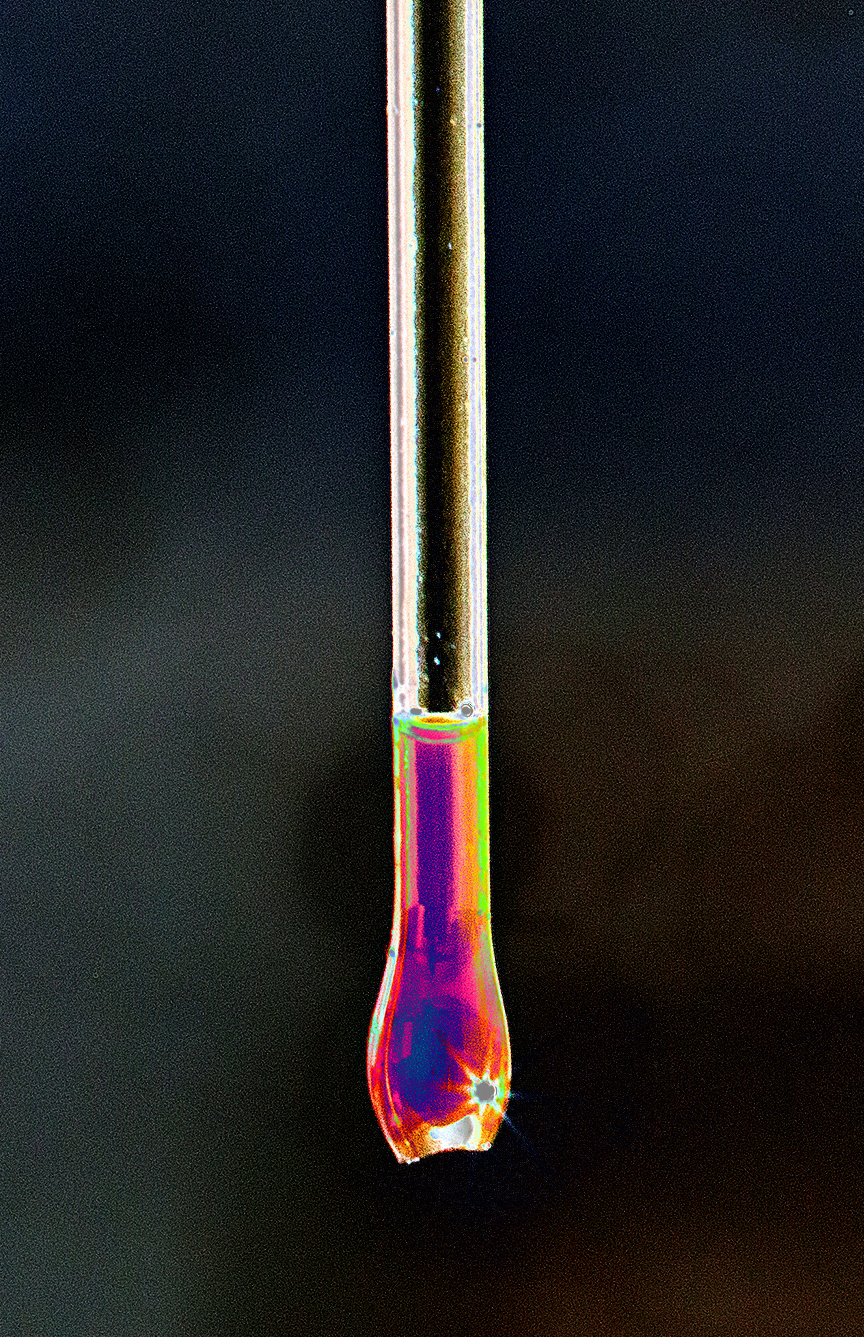PFAS probes continue
 Authorities are investigating water contamination fears in the Blue Mountains.
Authorities are investigating water contamination fears in the Blue Mountains.
WaterNSW has initiated a comprehensive investigation into elevated levels of PFAS, or ‘forever chemicals’, in the Blue Mountains water catchment.
The inquiry, which began after concerning test results, involves collaboration with Sydney Water and NSW Health.
WaterNSW says it is conducting rigorous sampling of both soil and water in the area to determine the sources of the contamination.
PFAS are a group of man-made chemicals known for their persistence in the environment and potential health risks.
In a recent statement, WaterNSW noted that the Australian Drinking Water Guidelines pertain only to treated water. The guidelines do not apply to the raw, untreated water sampled by the media.
“All water provided for human consumption remains safe,” the statement affirmed, addressing concerns raised by recent media reports.
The contamination investigation follows independent testing by water scientists, which discovered significant PFAS levels at multiple water treatment plants in the Blue Mountains.
Testing has already detected the presence of PFAS at Blackheath and Katoomba, but Sydney Water has assured residents that these results remain within Australia's safety guidelines.
To further mitigate potential risks, WaterNSW says it has proactively taken the Medlow and Greaves Creek Dams offline.
The water filtration system for the Blue Mountains is now relying on the Cascades catchment, with contingency plans in place to supplement supplies with the Fish River water system, which has shown minimal PFAS contamination.
WaterNSW's investigation is also examining historical land-use activities, such as firefighting efforts, which may have introduced PFAS into the environment.
The testing program includes evaluating foams, which have been shown to inflate concentration levels and are thus less reliable indicators.
Reports say NSW Health has offered its assistance to councils across the state to help test for PFAS in drinking water supplies, as scientists continue to raise alarms over the potential risks of long-term exposure to the chemical.
NSW Health and other agencies are also assessing whether current PFAS testing protocols are sufficient, with considerations to expand both the frequency and geographical scope of monitoring.
WaterNSW assured the public that the safety of the Greater Sydney drinking water catchment remains the priority and that all necessary steps are being taken to ensure safe drinking water supplies.








 Print
Print